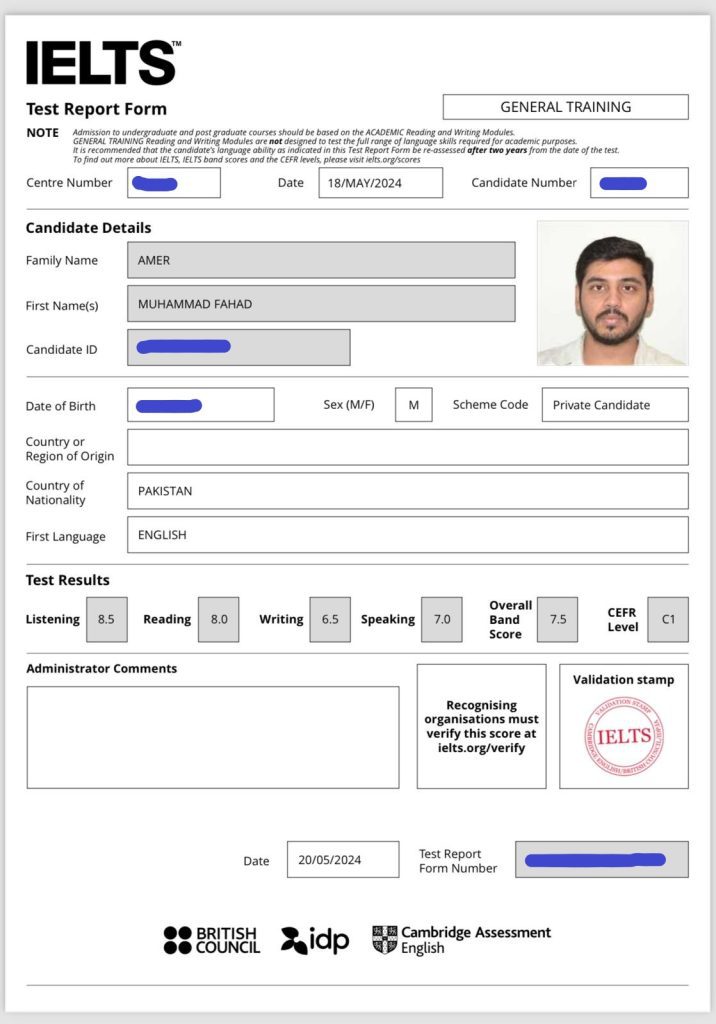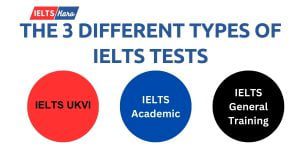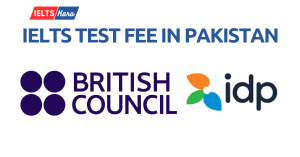Has IELTS Speaking Test Pattern Changed?
Recently, one of our students, who also is my nephew (yes, I am 37 and he is 22), appeared for the IELTS General Training Test. As per our mutual expectations, we knew he would get a 6.5 to a 7. But to my surprise, he got a 7.5!
Here’s the result:

But here is something shocking that I also recently discovered when I asked him how did it go. He said:
“Chachu (I am his uncle), the examiner was not available for a few hours, and we were told not to leave and continue to wait. However, when the examiner came online for a face-to-face Speaking test, she asked me some questions that were not relevant to Part 1. In speaking Part 1, after asking me about my hometown and profession, she immediately switched to asking questions about stars, astronomy and time and space. This is something that shocked me for a while but I didn’t take long to think and speak. Gladly, I did well.”
When I heard about this, it was SHOCKING for me. How can an examiner ask such question not relevant to one’s general life, but rather requiring extremely technical and scientific knowledge. I then asked him what did he say. His response was:
“Since I had knowledge about stars and the cosmos, I immediately shifted to becoming an astronomer, and talked about everything I knew regarding this topic, giving references to the movie Interstellar. Somehow, I managed to speak confidently”
When I asked him, how was his second part, he said:
The question was about time and space even in Part 2, and I fear I may not have spoken for 1 minute, but it went well though.”
Based on the above questions, I believe that the IELTS examiners may ask you some random, and slightly more technical questions in the Part 1 also. This means, you have to be prepared to go with cue cards, and have some ideas or basic knowledge about the stars, universe, rivers, seas, etc.
The same thing happened with me when I appeared for the IELTS test. My cue card in speaking was:
Talk about a body of water such as a river, lake, sea or ocean, in or around your country. You should say:
- What is the name of this body?
- What significance does it hold?
- What can be done to improve it?
- How can the government utilize it?
As someone hailing from marketing background, I had ABSOLUTELY ZERO idea on what exactly geography was. I somehow prepared for 1 minute and talked about the Aansoo Jheel (The Tear-shaped lake) situated in the northern areas of Pakistan.
This signals a trend among examiners to talk about some technical topics in the speaking test. Based on my conversation and analysis with my nephew, I can confirm that you need to be prepared about some advanced topics in your IELTS Speaking Part 1 and 2.
Nevertheless, how was the analysis? Have you appeared for IELTS speaking? If yes, then what was your question?
Sound off in the comments below so that we can see if the trend really is changing 🙂
FAQs related to the topic:
Can IELTS Speaking examiners ask technical or scientific questions in Part 1?
Yes, IELTS Speaking examiners can ask technical or scientific questions in Part 1, although this is uncommon. As described in the article, a student encountered questions about stars, astronomy, and time and space, which are typically not expected. Therefore, it is beneficial to prepare for a range of topics, including some that might be more technical or specialized.
How should I prepare for unexpected technical questions in the IELTS Speaking test?
To prepare for unexpected technical questions in the IELTS Speaking test, expand your knowledge on a variety of subjects. Read about different topics such as astronomy, geography, and environmental science. Practice speaking about these topics to build confidence. Additionally, watching related documentaries or reading articles can help you gather useful information and improve your ability to discuss such subjects.
What should I do if I encounter an unexpected question during the IELTS Speaking test?
If you encounter an unexpected question during the IELTS Speaking test, stay calm and take a moment to gather your thoughts. Use any relevant knowledge you have and try to speak confidently. Even if the topic is unfamiliar, focus on your speaking skills, structure your response clearly, and use any related information you can recall. It’s important to demonstrate your ability to communicate effectively, even under challenging circumstances.
Is it common for IELTS Speaking Part 2 questions to be technical?
While not very common, IELTS Speaking Part 2 questions can sometimes be technical or require specific knowledge. As illustrated in the article, topics like bodies of water and their significance were discussed. To be well-prepared, practice speaking on a wide range of subjects, including more technical topics, and learn to structure your answers effectively within the given time.
How can I improve my performance in the IELTS Speaking test?
To improve your performance in the IELTS Speaking test, practice regularly with a variety of topics. Focus on developing fluency and coherence, expanding your vocabulary, and practicing pronunciation. Engaging in conversations with native speakers, recording yourself speaking, and seeking feedback can also help. Additionally, familiarize yourself with the test format and practice with cue cards to build confidence and readiness for any type of question.





